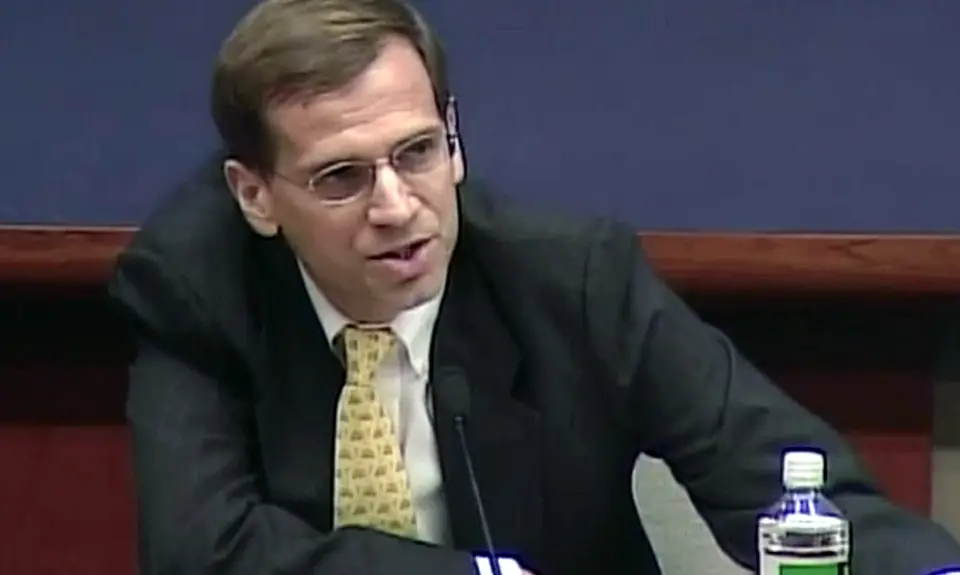“Confirmed Judges, Confirmed Fears” is a blog series documenting the harmful impact of President Trump’s judges on Americans’ rights and liberties.
Trump judge Gregory Katsas dissented in a September 2019 D.C. Circuit ruling that allowed a fired whistleblower’s case to go to court. Katsas’s cramped interpretation of the False Claims Act would make it much easier for those defrauding the government to fire whistleblowers. The case is Singletary v. Howard University.
Over a period of nine months, veterinarian Sylvia Singletary repeatedly told officials at the Howard University animal research lab where she worked that their federally-funded facilities were violating animal welfare regulations. She also repeatedly urged them to report the violation to their funder, the National Institutes of Health (NIH), as required by law. But Howard officials let the animal safety violations continue and, rather than report the violation as required, they falsely certified to NIH that they were in full compliance. Under federal law, NIH is required to revoke its financial support for a research grant recipient that refuses to address an ongoing animal welfare regulation.
Howard’s inaction led to the deaths of 21 lab animals one night, which Singletary promptly reported to NIH. Her supervisor excoriated her at a faculty meeting and a few weeks later, Howard officials told her they were cutting her appointment short by six months.
Singletary sued Howard under the False Claims Act, which protects whistleblowers who report fraud against the federal government. Specifically, the statute prohibits workplace retaliation because of actions taken “in furtherance of an action under this section or other efforts to stop one or more violations of this subchapter.”
Katsas focused on the fact that Singletary’s job was to ensure animal welfare. Because of that, he wrote, all of her actions were in furtherance of animal welfare regulations, and not of the False Claims Act. She never told Howard officials that she was concerned that they were defrauding NIH, only that they were not adequately protecting the animals and reporting that failure as required. “Merely grumbling” about regulatory violations does not give the employer notice that the employee is investigating fraud. So, Katsas concluded, since Howard had no reason to think Singletary was acting in furtherance of reporting fraud, their firing her could not be retaliation for reporting fraud. As a result, he would have dismissed her case.
But Judge Patricia Millett’s majority opinion pointed out the obvious:
Given Singletary's repeated statements to higher-ups that the animals' housing conditions not only endangered their welfare, but also violated the promises made (and being made) to obtain federal funding, it is at least an equally reasonable inference that Howard University knew that she was concerned about putting a stop to misrepresentations and material omissions in the University's grant filings with the government.
Judge Katsas’s misinterpretation of the False Claims Act would give employers far more leeway to retaliate against whistleblowers.
